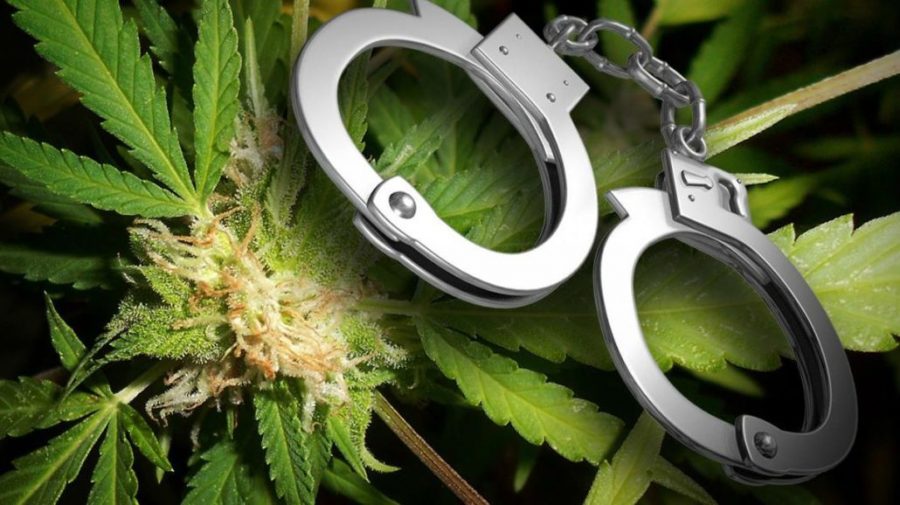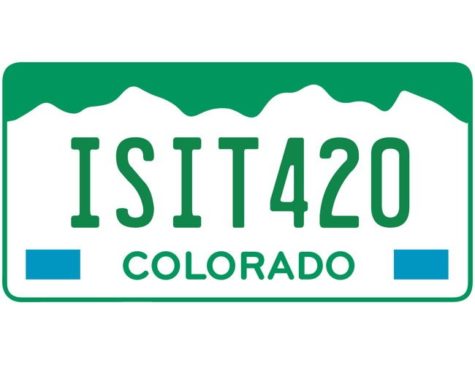Expungement fairs are helping cannabis convicts to work in the legal weed industry
As cannabis investments, stocks and consumption rates rise countrywide, more job opportunities are opening up in the legal weed industry. Demand for knowledgeable workers is soaring, with available roles ranging from budtenders and laboratory testers to cannabis cultivators and plant trimmers.
In an attempt to meet the rising demand for weed industry workers, a series of free legal clinics have been taking place across the nation. From October 20-27, more than 20 countrywide organizations held the first ever National Expungement Week (NEW) – a week of events aimed at helping former cannabis convicts gain employment in the ever-expanding cannabis industry.
Expungement fairs focus on cannabis equity, justice, and repair
Individuals affected by the ongoing “War on Drugs” may have been stifled in their careers, but thanks to the legal relief services offered by NEW, things could be about to change. The free legal clinics helped the affected individuals to have their records cleaned up. In addition to this, the expungement fairs provided attendees with cost-free health screenings, immigration advice, and enrollment social benefits. In certain locations, attendees were presented with voting education and support.
U.S. cannabis arrests are a problem for communities of color
Data suggests that U.S. cannabis arrests continue to be a problem across various ethnic groups. Based on data published by the American Civil Liberties Union (ACLU), weed-related arrests account for more than half of all drug arrests in the U.S. Between the years of 2001 and 2010, 8.2 million incidents occurred whereby an individual was arrested for a cannabis-related crime.
A staggering 88 percent of those arrests were made simply because a person was in possession of cannabis. Racial bias was reflected in the arrest data, with blacks being 3.73 times more likely to be involved in U.S. cannabis arrests than whites. Researchers and social activists believe that arrests of this kind result in incarceration, which may negatively impact the convict’s school or employment opportunities. Consequently, this may disturb their quality of life.
Expungement fairs took place across various locations
During the week-long event, NEW’s expungement fairs took place in the following areas:
- Atlanta
- Baltimore
- Boston
- Chicago
- Denver
- Detroit
- Los Angeles
- New Haven
- Philadelphia
- Prince George’s County
- San Francisco
- Washington and DC areas
Cannabis convicts residing in places not mentioned on the list did not exactly miss out, however. The majority of the participating organizations offer legal advice and record expungement year-round.
Organizations that partook in the NEW expungement fairs include:
- Equity First Alliance
- Cage-Free Cannabis
- Cage-Free Repair
- The Drug Policy Alliance
- Massachusetts Recreational Consumer Council
- California Cannabis Advocates
- Tree Femme Collective
- We BAKED
- The Pot Lab
- Smart Pharm Research Group
Equity First Alliance was one of the main organizers for the expungement fairs and the only participating organization to introduce an Expungement Fair toolkit. Equity’s toolkit aims to assist interested parties and communities in throwing their own event. A spokesperson for Equity and member of the Massachusetts Recreational Consumer Council, Sonia Erika, strongly feels that cannabis convicts deserve a chance to wipe their records clean.
“Now that the plant is becoming legal, those who have gone to jail should be able to clear their record. The process for changing one’s record varies wildly state-by-state, but the need is universal,” she said in a statement. “Considering America’s history of the war on drugs, the cannabis industry must bring justice and shared profits. As these expungement events become more common, we wanted to coordinate them to highlight the need for widespread and automated legal relief.”
During a phone call, director of the Drug Policy Alliance’s Office of Legal Affairs, Tamar Todd, drew attention to the fact that numerous U.S. states have attempted to erase their cannabis convictions amidst the rise of legal weed. Despite this, he says that most of those states have forced the affected individuals to do the legwork.
“While a number of states, including Oregon, Colorado, and Massachusetts, are allowing people with prior cannabis arrests and convictions to seal and expunge their records, California just recently became the first state to ease the burden on individuals by making those retroactive changes automatically, [which] will enable thousands of more people to move forward with their lives and to seek new employment and business opportunities in the cannabis industry and elsewhere,” he said.
Check out the list of NEW events and links to participating organizations here.












